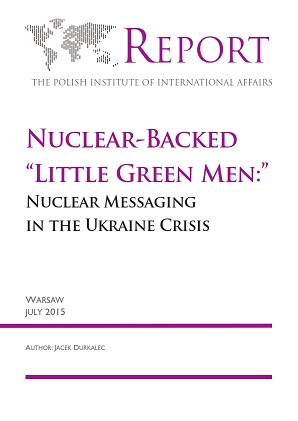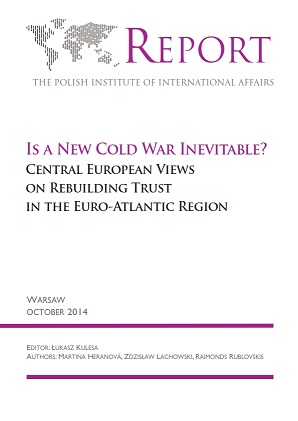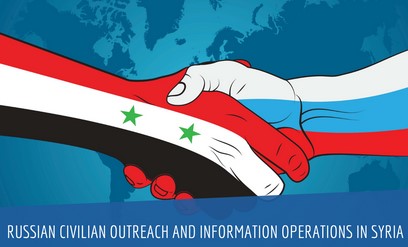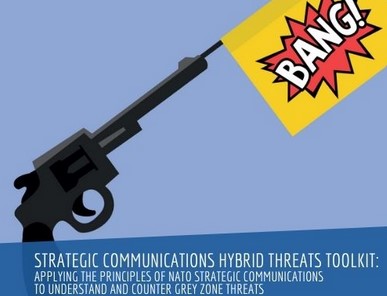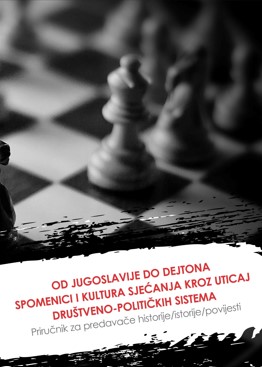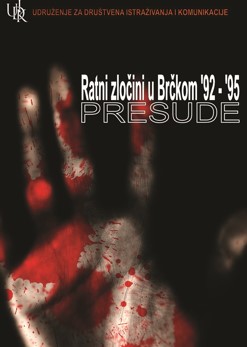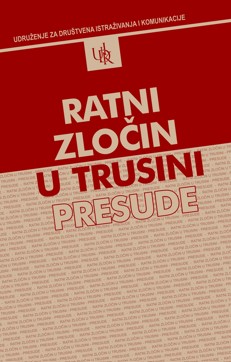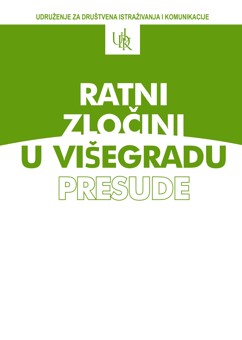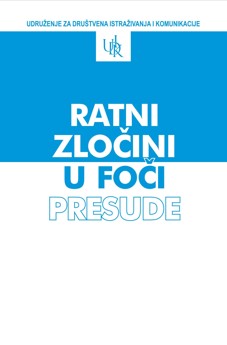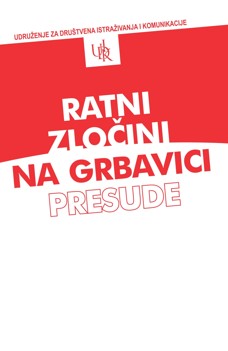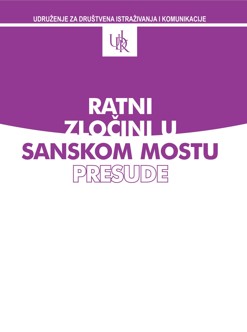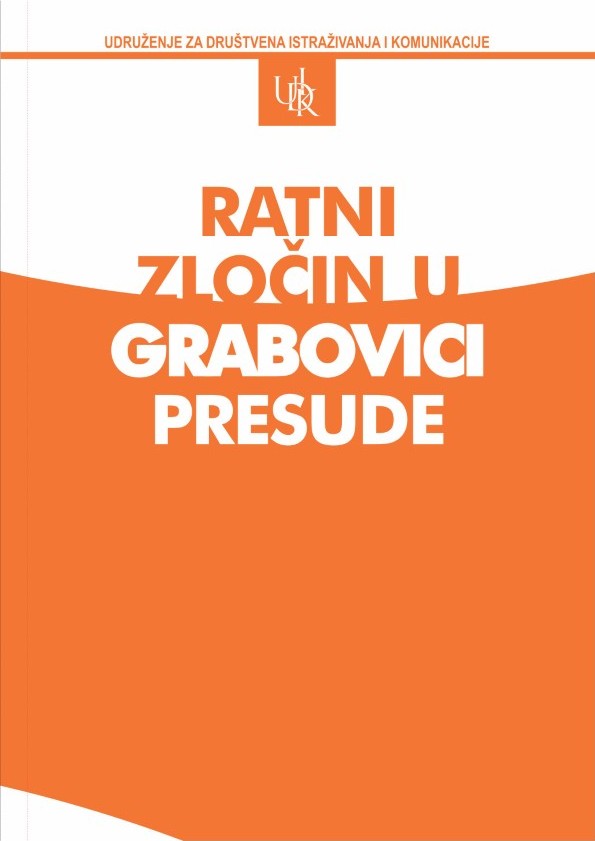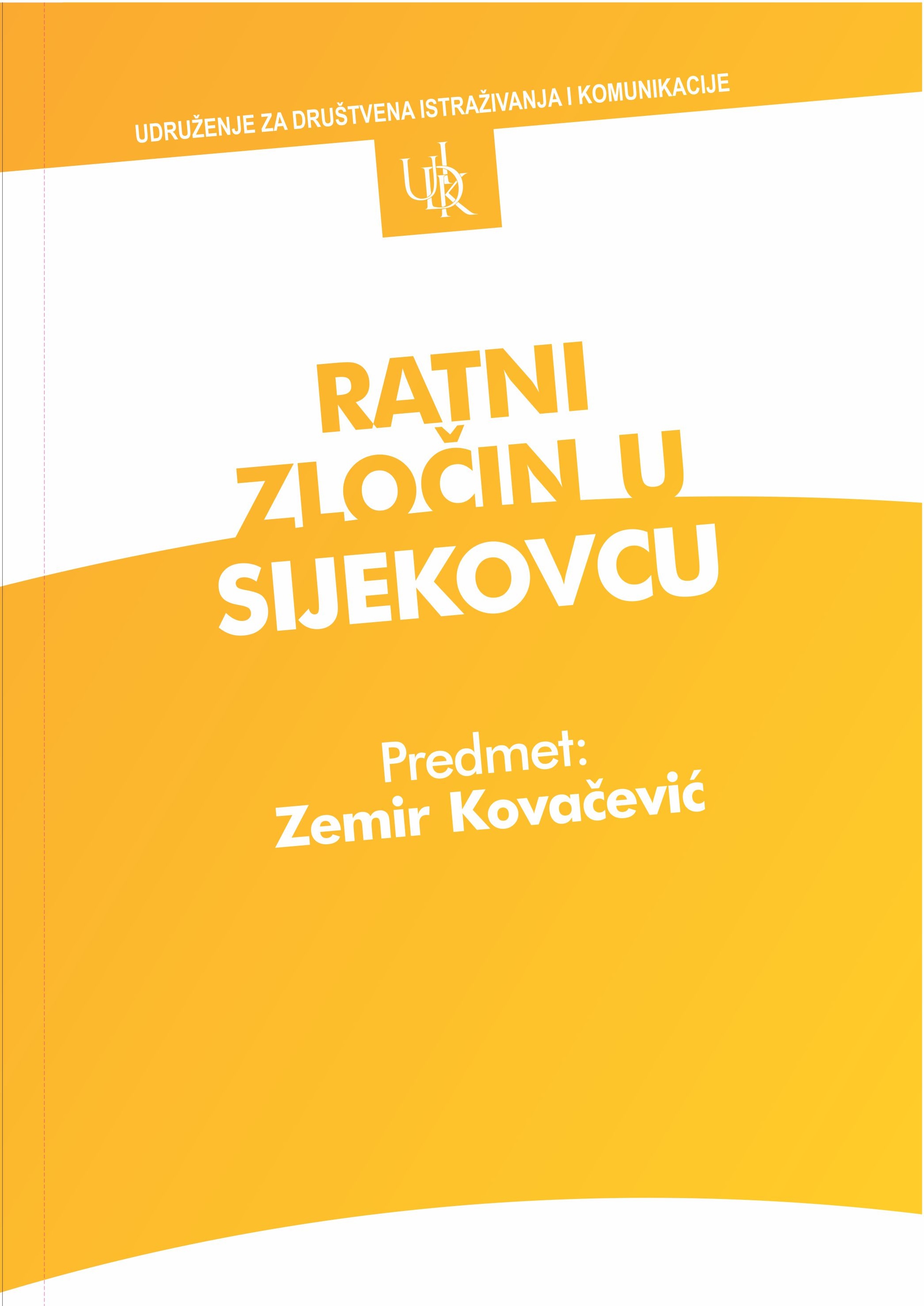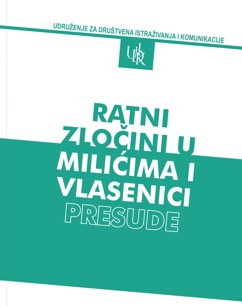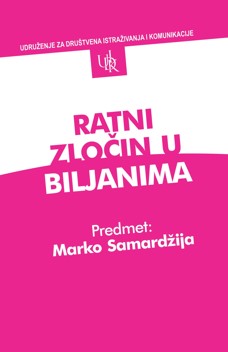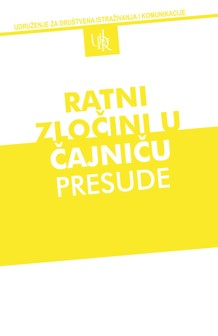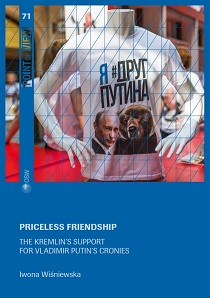
Priceless friendship. The Kremlin’s support for Vladimir Putin’s cronies
Since March 2014, the Russian economy has been functioning under the impact of the sanctions imposed on Russia by the United States, the European Union and a number of other Western states in reaction to Moscow’s aggression towards Ukraine and its annexation of Crimea. The sanctions have created many restrictions on economic co-operation between the Russian Federation and Western states. The diplomatic sanctions have been the least painful economically, although they have hit Russia’s international prestige, with the exclusion of Moscow from the G8 grouping of the world’s most influential states, the suspension of its accession negotiations with the Organisation for Economic Co-operation and Development, and the decision by Western leaders to refrain from official contacts with the Russian leadership during the initial period. The sanctions have also barred Russia’s access to international finance; for example, the World Bank and all its agencies have suspended the financing of new projects in Russia, and the European Bank for Reconstruction and Development has taken a similar decision. The Russian economy has also faced sectorial sanctions, such as limits on access to capital markets for the largest state-owned banks in Russia and several state-owned oil and defence companies. The ban also covered exports of arms and dual-purpose materials to Russia, as well as selected technologies and services in the oil extraction sector.
More...
